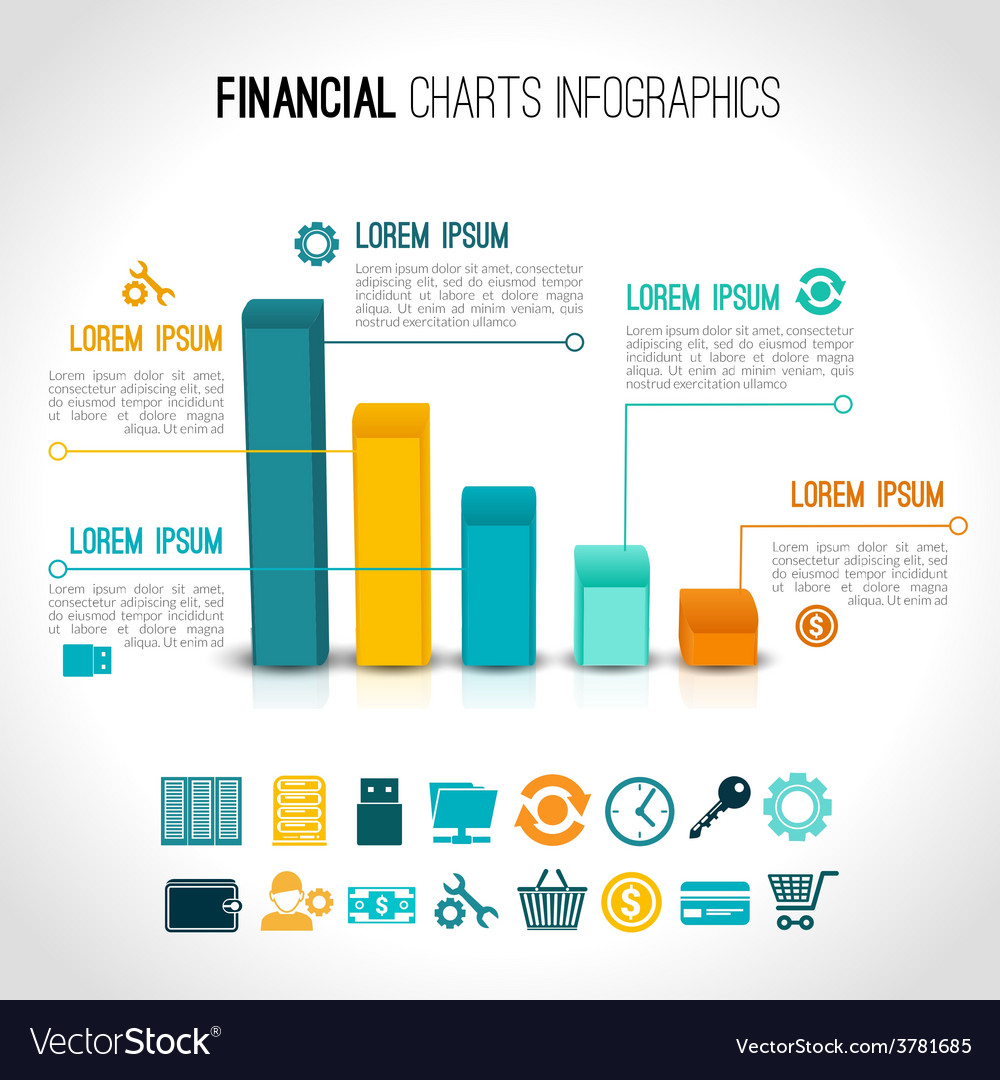The Financial Influence Of Defaulting On An Efficiency Bond
The Financial Influence Of Defaulting On An Efficiency Bond
Blog Article
Web Content Author-
When a surety issues an efficiency bond, it ensures that the principal (the party who purchases the bond) will certainly accomplish their responsibilities under the bond's terms. If the principal fails to meet these commitments and defaults on the bond, the guaranty is responsible for covering any kind of losses or damages that result.
1. Loss of reputation: Back-pedaling a performance bond can damage the principal's online reputation and reputation, making it harder to safeguard future company or funding.
2. Legal and management prices: The surety might require to pay lawful and administrative expenses connected with pursuing the principal for damages or trying to rectify the situation.
3. Monetary losses: The surety may need to cover the expense of finishing the task or supplying the solutions that the principal fell short to deliver. This can cause substantial economic losses for the guaranty.
4. Raised premiums: If the principal has a history of back-pedaling efficiency bonds, they may be needed to pay greater costs in the future to obtain the needed bonding.
On the whole, defaulting on a performance bond can have serious economic consequences for both the principal and the surety. It is necessary for principals to carefully consider their obligations and guarantee they are able to meet the terms of the bond to prevent these adverse results.
Defaulting on an efficiency bond can be a pricey error for organizations. When you fall short to meet the bond's obligations, the monetary consequences can be significant. From paying the full bond amount to potential legal battles and harmed relationships, the effects can resound throughout your business procedures. Understanding the intricate internet of economic effects that back-pedaling a performance bond can have is crucial for guarding your business's economic health and online reputation.
Financial Penalties for Defaulting
If you default on an efficiency bond, you'll likely face substantial financial penalties. https://gregoryfdxsn.csublogs.com/40826991/the-advantages-of-partnering-with-a-trustworthy-guaranty-bonding-firm can vary depending upon the regards to the bond agreement however often entail paying the bond amount completely to the obligee. This indicates that if you fall short to accomplish your legal commitments, you need to pay the bond amount to the job owner or the entity that needed the bond.
In addition, you might additionally be accountable for any added prices incurred by the obligee as a result of your default, such as finding a substitute service provider or covering task delays.
Back-pedaling a performance bond can likewise cause legal charges and court expenses if the obligee decides to take legal action versus you to recoup the bond quantity. These expenditures can quickly build up, further aggravating the monetary impact of your default. It's vital to very carefully assess and comprehend the regards to the performance bond to avoid these severe punitive damages.
Effect On Service Cash Flow
Back-pedaling an efficiency bond can dramatically affect your service cash flow, impacting monetary stability and operational capacities. When you back-pedal a performance bond, you risk losing the bond amount, which can be a considerable amount. why not check here affects your capital, as you'll require to discover different resources of funding to cover the bond quantity. In addition, skipping can result in boosted examination from sureties, making it more difficult and much more costly to protect bonds in the future. This can further stress your cash flow as you might require to allocate extra sources to meet bonding needs.
The influence on your cash flow does not quit there. https://rowannicwp.frewwebs.com/34380698/what-is-a-guaranty-bond-and-how-does-it-work on a performance bond can also cause task hold-ups or terminations, resulting in a loss of earnings. In addition, the negative online reputation that includes defaulting can discourage possible clients, better minimizing your capital. please click the up coming post , defaulting on a performance bond can have harmful results on your service's financial health and wellness and ability to operate efficiently.
Legal Ramifications and Legal Actions
Dealing with lawful implications and potential legal actions as a result of back-pedaling an efficiency bond can significantly impact your organization's reputation and financial standing. When you back-pedal an efficiency bond, the guaranty firm might take lawsuit to recuperate the bond quantity paid. This might result in pricey legal costs, court expenditures, and possible negotiations or judgments against your company.
Moreover, defaulting on a performance bond might result in damaged connections with clients, subcontractors, and distributors, influencing your capability to safeguard future agreements. Legal actions developing from bond defaults can tarnish your service's reputation in the sector, making it testing to attract new companions or consumers.
Furthermore, if the default brings about a court judgment against your business, it could lead to asset seizure or liens, better stressing your financial security. Consequently, it's crucial to comprehend the legal implications of defaulting on a performance bond and take proactive steps to alleviate the dangers involved.
Verdict
As you face the consequences of defaulting on an efficiency bond, remember this: it resembles strolling a tightrope without a safety net. One wrong move can send you dropping right into a monetary freefall, without means to quit the loss.
The punitive damages, cash flow impact, and lawful implications are all waiting to catch you if you blunder. So step meticulously, and constantly recognize your commitments to prevent the severe repercussions of default.
